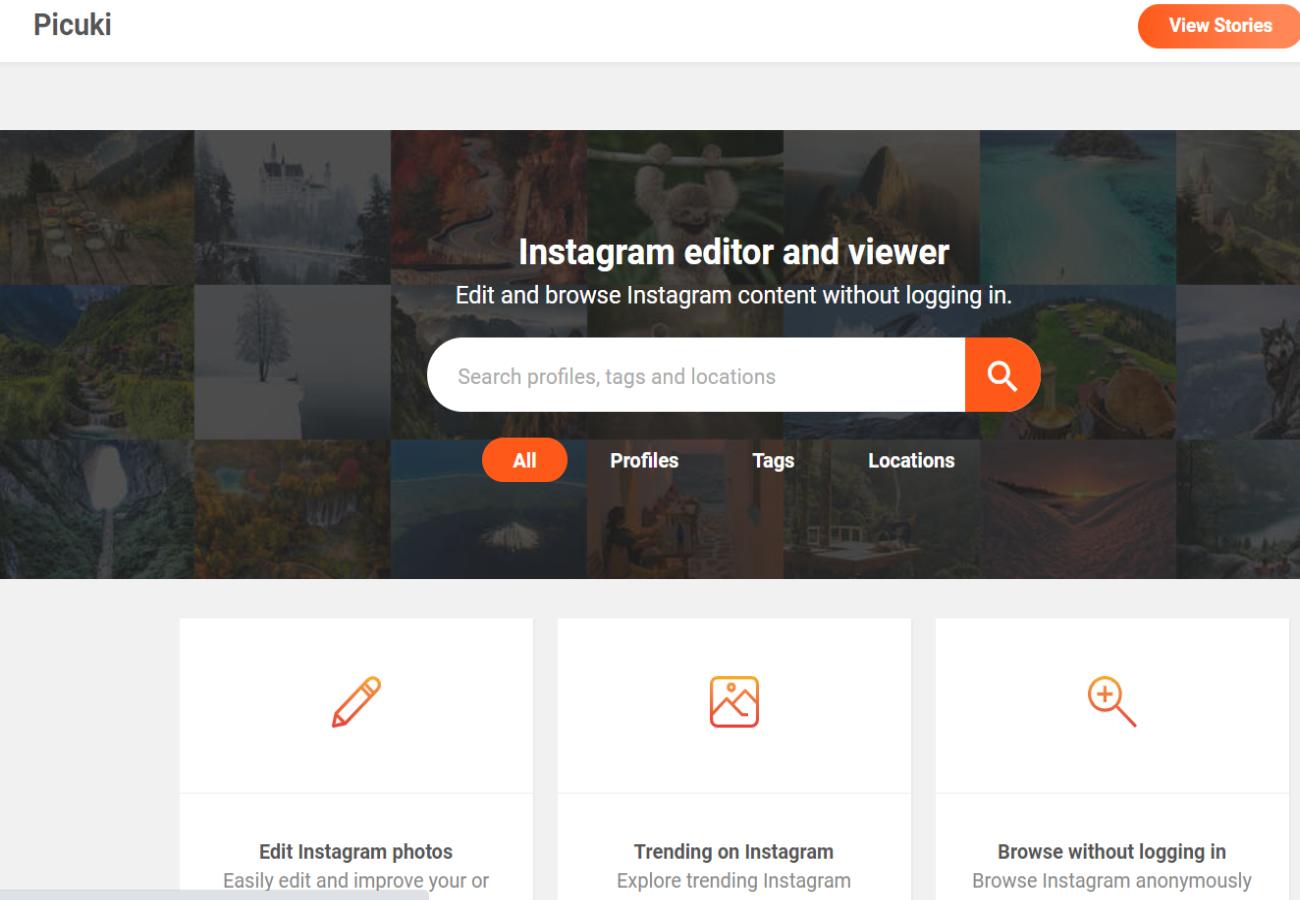Why do young people follow influencers? And what role do they play in the consumption of information and in the process of forming opinions? A study investigated these questions.
Adolescents and young adults in particular use social networks to find out about socially and politically relevant topics. Content creators and influencers play a major role in these, as they usually have a high reach.
Adolescents and young adults follow a large number of different content creators and influencers and thus create individual account repertoires because they expect a concrete benefit for their lives. The composition is purposeful. Young people also showed a variety of usage motives. In addition to entertainment and pastimes, the main reasons why young people follow influencers are the acquisition of knowledge and information, social proximity and insights, inspiration and motivation as well as orientation and values.
Brands Should Partner With “Trustworthy” Influencers
With regard to the process of forming an opinion, individual social media content creators each have different functions. Individuals with specific knowledge are considered relevant to forming their own opinion in that they provide facts and background knowledge to form an informed and professional opinion. Accounts of (inter)national news providers are rated as particularly serious and trustworthy.
In contrast, person-focused multi-topic accounts are particularly important when it comes to forming a personal and overview-like opinion in order to be able to have a superficial say in conversations and to exchange ideas about funny events. These sources are classified as “subjective”.
Influencers are also perceived as a subgroup among many different social media content creators, because young people know how to distinguish between influencers based on various criteria such as reach, commitment, authenticity and personal values. The study concludes: The findings of the interviews make it clear that the adolescents and young adults surveyed are already well informed about how influencers earn their money and what role product placement and advertising corporations play in this.
Furthermore, some of the respondents critically reflected on the financial dependency and the subjectivity of the content of these actors. “Nevertheless, the discussions suggest that there are uncertainties regarding the assessment of the technical or role-specific expertise of individual actors, even though these are used as a source of information on (specific) topics.”
In addition, the study makes a recommendation on the question of opportunities and risks for potential cooperation with influencers: “It seems advisable here to focus on individual personalities who, for example, serve a specific genre or impart topic-specific knowledge and therefore, on the one hand Fulfill the knowledge and information function and, on the other hand, be linked to aspects of credibility and trust.”





